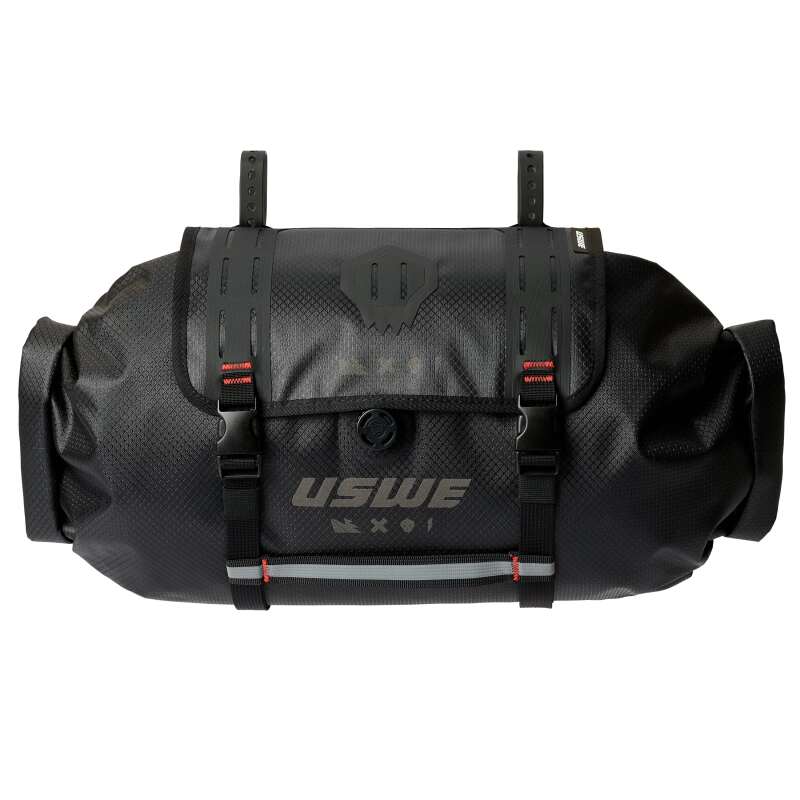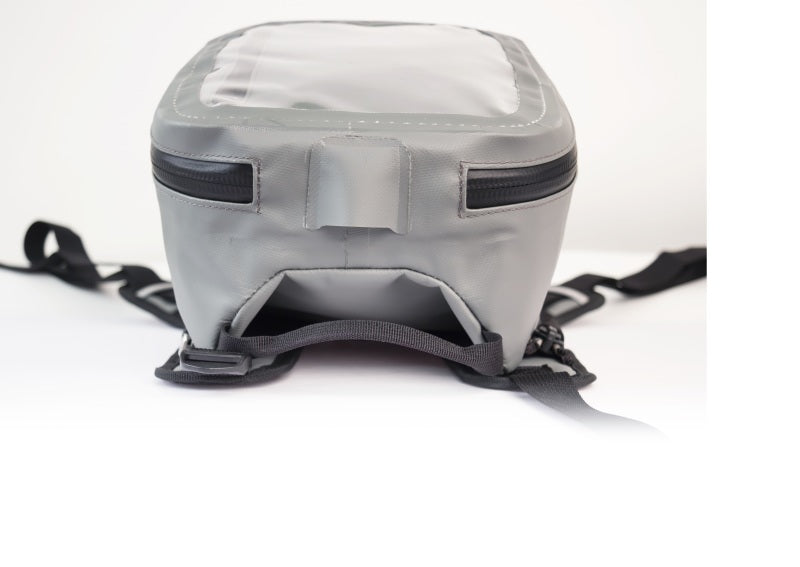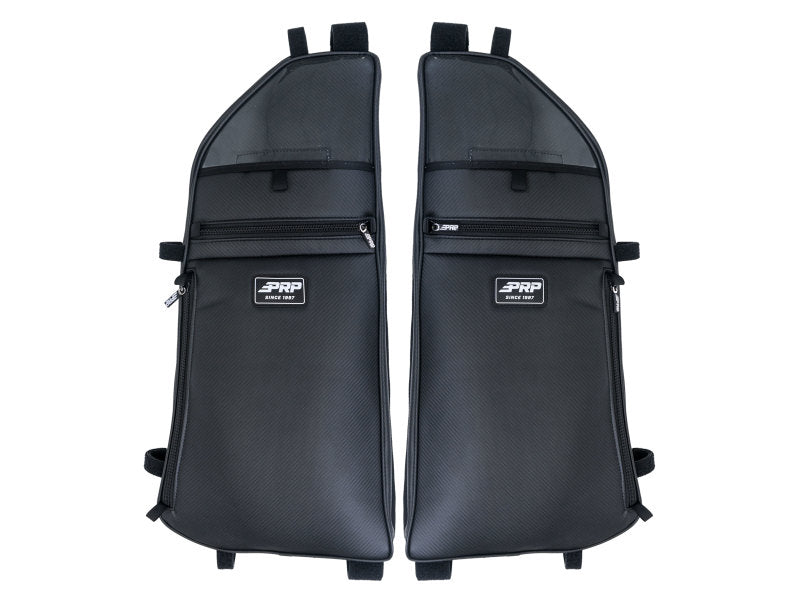Do you ever wonder why your car makes so much noise when you rev the engine? Or why some cars are quieter than others? The answer lies in the muffler.
Mufflers are an essential part of any vehicle's exhaust system, and they play a crucial role in reducing noise and controlling emissions. Mufflers have been around since the early 1900s, and they have evolved significantly over the years.
Today, mufflers are designed to not only reduce noise but also to meet stringent emissions regulations. In this article, you will learn everything you need to know about mufflers, from how they work to the different types available, and how to maintain them.
So, buckle up, and let's dive into the world of mufflers!
What are Mufflers?
Mufflers are designed to reduce the noise emitted by a vehicle's exhaust system. They're an essential component of any car or truck because they help reduce the sound of the engine and improve its overall performance.
Mufflers work by absorbing and reflecting the sound waves produced by the engine. This helps to reduce the overall noise level of the vehicle. Exhaust systems are responsible for carrying exhaust gases away from the engine and out of the vehicle.
Mufflers are typically installed in the exhaust system and work by using a series of chambers and baffles to reduce the sound of the engine. The muffler is usually a cylindrical-shaped device that is installed near the rear of the vehicle. It's designed to reduce the noise emitted by the engine without affecting the performance of the vehicle.
Installing a muffler can greatly improve the sound of your vehicle while also improving its overall performance.
How Mufflers Work
You'll be surprised at how much quieter your car gets when a muffler is properly installed.
The muffler is designed to reduce the noise produced by the exhaust system of your car, motorcycle, or truck.
When the exhaust gases pass through the muffler, they are forced to travel through a series of chambers and tubes that are lined with sound-absorbing materials. This process reduces the sound waves produced by the exhaust system, resulting in a quieter ride.
Mufflers also play a crucial role in enhancing the performance of your vehicle.
A well-designed muffler can increase your engine's horsepower and torque by improving the flow of exhaust gases out of the engine.
Performance exhaust tips, which are larger and less restrictive, can further improve exhaust flow and increase power output.
So, not only does a muffler reduce noise pollution, but it can also improve your vehicle's performance.
Noise Reduction
Get ready for a quieter ride with the amazing noise reduction capabilities of properly installed mufflers! Mufflers are an essential component of your vehicle's exhaust system that helps to reduce the noise emitted by your engine.
They work by using a series of chambers and perforated tubes to dampen the sound waves created by your engine as it runs. The sound waves enter the muffler through the pipes and tubing and bounce around the chambers, losing energy with each reflection. This results in a quieter exhaust note as the sound waves exit the vehicle through the tailpipe.
Noise reduction is an important aspect of mufflers as it helps to reduce the amount of noise pollution that your vehicle creates. Without mufflers, the sound of your engine could be deafening, making it unpleasant for both you and those around you. Additionally, many cities and states have laws that regulate the amount of noise that vehicles are allowed to produce, and mufflers help to keep you in compliance with these regulations.
So, if you want to enjoy a quieter ride and avoid any potential legal issues, make sure that your mufflers are properly installed and functioning correctly.
Emissions Control
Reducing emissions is crucial for preserving our environment and meeting government regulations. That's why it's important to have a properly functioning emissions control system in your vehicle. Mufflers play a key role in this system by reducing the amount of harmful pollutants that are released into the air.
When exhaust gases pass through the muffler, they're filtered and treated to remove harmful particles and chemicals before being released into the environment. This process helps to reduce the impact of vehicle emissions on our health and the environment.
If you're looking to upgrade your emissions control system, there are aftermarket mufflers available that can provide better filtration and treatment of exhaust gases. These mufflers are designed to be more efficient and effective at reducing emissions than the standard mufflers that come with most vehicles.
As a result, many customers who are concerned about their impact on the environment choose to install aftermarket mufflers on their vehicles. So, if you want to do your part for the environment and meet government regulations, make sure your muffler and emissions control system are functioning properly, or consider upgrading to an aftermarket muffler.
Types of Mufflers
Now let's take a look at the different types of mufflers that can improve your vehicle's emissions control system. Mufflers come in different types, including glasspack, straight-through, and chambered mufflers.
Glasspack mufflers are the most affordable and the loudest of the three types. They're made with a single fiberglass layer that reduces noise and improves airflow.
Straight-through mufflers are designed to reduce restrictions in the exhaust system, allowing exhaust gases to flow freely and increasing engine efficiency.
Chambered mufflers, on the other hand, use a series of chambers to reduce noise and improve performance.
If you want a custom muffler that'll fit your truck's specific needs, it's best to consult an expert. A muffler expert can help you choose the right type of muffler for your vehicle, taking into consideration the make and model of your truck, your driving habits, and your budget.
A custom muffler can improve your vehicle's emissions control system, reduce engine noise, and increase performance, but it's important to choose the right type of muffler for your specific needs.
With the right muffler, you can enjoy a quieter, more efficient ride while doing your part to reduce emissions and protect the environment.
Exhaust System Components
Let's dive into the components that make up your vehicle's exhaust system. Aside from mufflers, there are other crucial exhaust system components that work together to keep your car running smoothly.
One of these is the air filter, which prevents dirt, dust, and other debris from entering the engine and causing damage. It's important to regularly replace the air filter to ensure optimal engine performance.
Another important component is the exhaust pipe, which directs the exhaust gases away from the engine and out of the vehicle. Exhaust pipes can be made of different materials, such as stainless steel or black-coated steel. The choice of material can affect the performance and appearance of the exhaust system.
Other components include the catalytic converter, which reduces harmful emissions, and the resonator, which helps to reduce noise. By understanding these exhaust system components, you can better appreciate the role of mufflers in keeping your vehicle running smoothly.
Installation Process
When you install an exhaust system, it's important to have the proper tools and equipment on hand. This includes a jack, jack stands, a wrench, a ratchet, and a torque wrench.
Before you begin the installation process, make sure your car is on a level surface and has cooled down. Once you're ready, start by removing the old exhaust system. This typically involves loosening the clamps and bolts that secure it to the car and then sliding it out.
Once the old exhaust system is removed, it's time to install the new one, starting with the mufflers. Mufflers are an important component of the exhaust system because they reduce noise and help to control emissions. To install them, slide them into place and then secure them with clamps or brackets, depending on the design of your exhaust system.
Most mufflers are made of stainless steel, which is a durable and corrosion-resistant material that can withstand the high temperatures and corrosive gases produced by the car's engine. With the mufflers in place, you can continue the installation process by adding the rest of the exhaust system components, such as the pipes and catalytic converter.
Maintenance Tips
To keep your exhaust system in tip-top shape, you'll want to make sure you're taking care of it properly. Here are a few maintenance tips to help you get the most out of your muffler.
First, make sure to inspect your muffler on a regular basis. Look for any signs of damage or wear and tear, such as cracks or rust. If you notice anything out of the ordinary, it's best to address the issue as soon as possible to prevent further damage.
Another important tip is to keep your muffler clean. Dirt and debris can build up over time, which can cause your muffler to work less efficiently. To clean your muffler, simply use a mild detergent and a soft cloth. Avoid using any harsh chemicals, as they can damage the muffler's finish. If you have a sport muffler or a stainless steel or aluminium muffler, you may be able to use a specialty cleaner designed specifically for these materials.
By following these maintenance tips, you can help ensure that your muffler lasts as long as possible and continues to function properly.
Benefits of Mufflers
Mufflers are essential components of a vehicle's exhaust system, reducing noise pollution and improving engine performance. They work by reducing the sound waves produced during the combustion process.
Installing mufflers can greatly improve driving experience, especially for those who prefer a quieter ride. Additionally, mufflers can help boost engine performance by reducing back pressure, which can lead to increased horsepower and better fuel efficiency.
There are many benefits to installing mufflers on your vehicle, including improved sound quality and increased engine performance. For those who enjoy a sportier ride, mufflers can also provide a more aggressive exhaust note.
Additionally, mufflers come in a variety of styles, including chrome and stainless steel, which can add a sleek and stylish look to your vehicle. Overall, investing in high-quality mufflers can greatly enhance your driving experience and improve the performance of your vehicle.
Common Issues and Solutions
If you're experiencing issues with your vehicle's exhaust system, there are common problems that can arise and solutions to fix them.
One of the most common issues is rust, which can cause holes in the muffler or exhaust pipes. This can lead to loud and unpleasant noises, decreased fuel efficiency, and even carbon monoxide leaks. To avoid rust, consider investing in a stainless steel or aluminium muffler. These materials are more resistant to corrosion and can last longer than traditional steel mufflers.
Additionally, make sure to keep your muffler and exhaust system clean and dry to prevent moisture from accumulating and causing rust.
Another common issue is a damaged or clogged muffler. This can also cause loud noises and decreased fuel efficiency. To fix this issue, you may need to replace the muffler entirely. If you're handy with cars, you can attempt to do this yourself with the right tools and instructions. Alternatively, you can take your car to a mechanic for a professional replacement.
Make sure to research the best muffler for your specific make and model before making a purchase. Additionally, consider the shipping time if you're ordering online.
With these tips in mind, you can keep your muffler functioning properly and enjoy a quieter and more efficient ride.
Conclusion
So now you know all about mufflers! You've learned what they are, how they work, and their benefits.
Mufflers are an essential component of your vehicle, as they reduce noise pollution and control emissions. When it comes to choosing a muffler, there are various options available, including chambered, turbo, and straight-through mufflers. You can also opt for a custom muffler that suits your specific needs and preferences.
Regular maintenance of your muffler is crucial to ensure it functions optimally and lasts longer. Keep an eye out for signs of damage or wear and tear, and replace your muffler when necessary.
By taking care of your muffler, you'll enjoy a quieter and more efficient ride.




